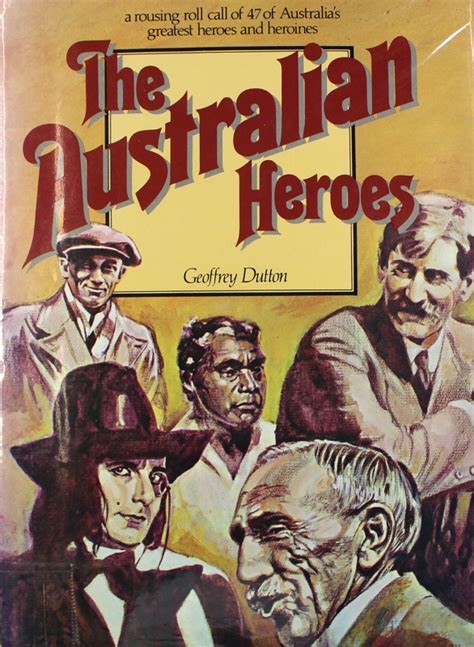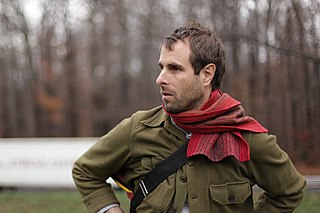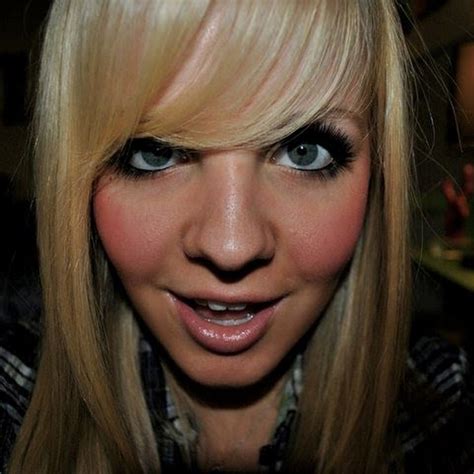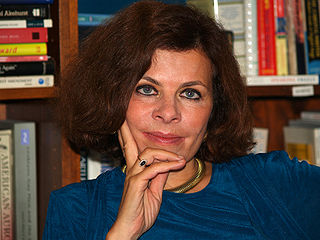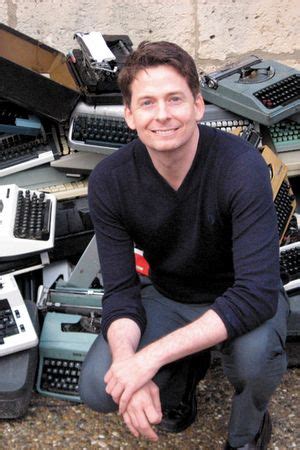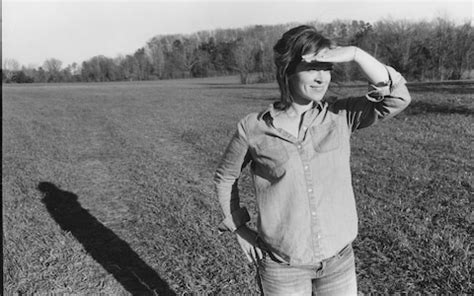A Quote by Geoffrey Dutton
The style, often found difficult in the earlier books, is just as individual but more perfectly modulated to experience, and the dialogue is much closer to contemporary idiom, especially when those cadences have been masterfully twisted to satirical ends.
Related Quotes
I don't believe, in the end, that there is any such thing as no style. Even a very neutral, plain style, one that doesn't use colloquialisms, lyrical flourishes, heavy supplies of metaphor, etc., is a style, and it becomes a writer's characteristic style just as much as a thicker, richer deployment of idiom and vocabulary.
The earlier stuff is more like "this is happening to me," but now there are more songs that are accusatory or something, or more declaratory. I don't know where that voice comes from, like, "I've been down the road, we've been there and done that." That's sort of like a tougher style, or a less vulnerable style.
Writing those books ['Beauty' and 'Style']was really eye-opening, as you realize just how much goes into beauty and fashion, and also how much I've learned over the years. I think both books are essential, as they don't really teach you one particular look that will go out of style next season, but rather tools and tricks you can use over the years.
It is a mistake to confound strangeness with mystery. The most commonplace crime is often the most mysterious because it presents no new or special features from which deductions may be drawn. This murder would have been infinitely more difficult to unravel had the body of the victim been simply found lying in the roadway without any of those outré and sensational accompaniments which have rendered it remarkable. These strange details, far from making the case more difficult, have really had the effect of making it less so.
No other work has more often been blamed for more heinous crimes by the perpetrators of such crimes. The Bible has been named as the instigating or justifying factor for many individual and mass crimes, ranging from the religious wars, inquisitions, witch burnings, and pogroms of earlier eras to systematic child abuse and ritual murders today.
Civilization enables us constantly to profit from knowledge which we individually do not possess and because each individual's use of his particular knowledge may serve to assist others unknown to him in achieving their ends that men as members of civilized society can pursue their individual ends so much more successfully than they could alone.
Ultimately, I want a peak experience in reading, and that is sometimes difficult to find in contemporary fiction. I'm not interested in books that are just clever and well executed; polish doesn't impress me, and I don't care about a merely capable sentence. Life is short; I want a confrontation with high art. I want soul.
